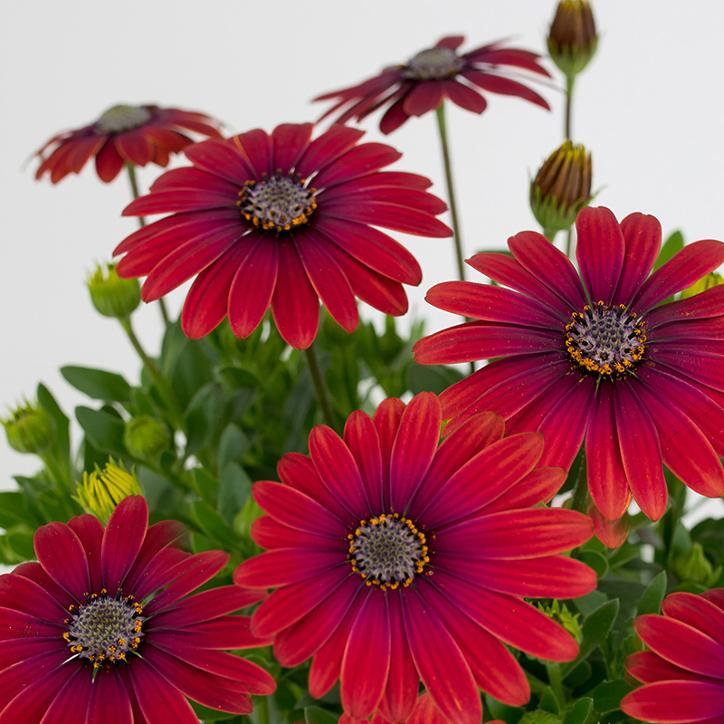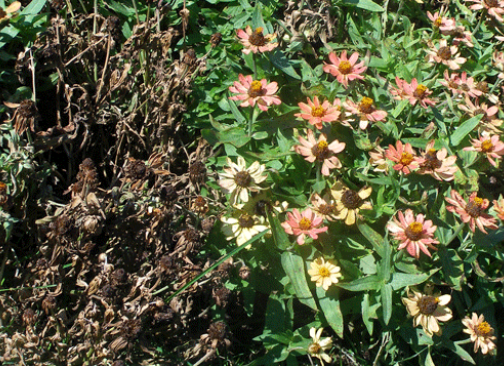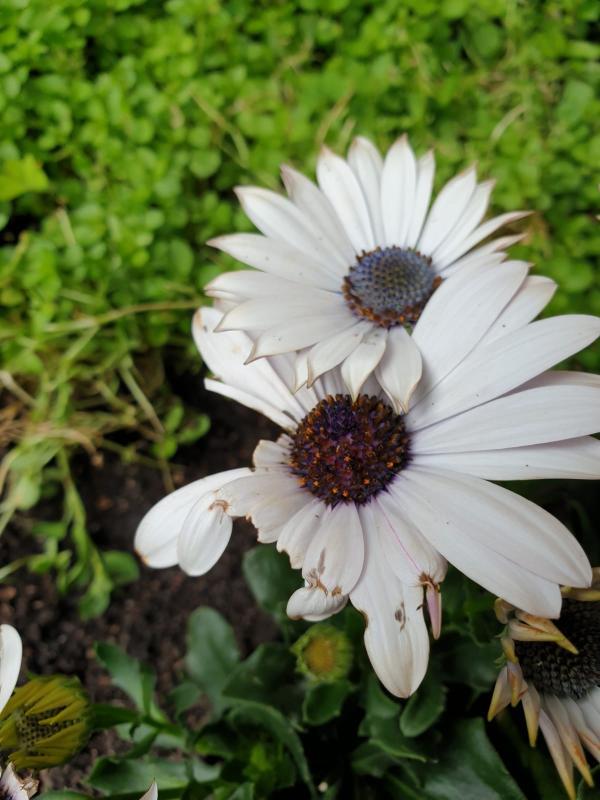Cape Daisy Plant
Cape Daisy (Osteospermum) is a perennial that grows 1-2 ft tall, hardy in USDA Zones 9-11, prefers well-drained, loamy soil, full sun, medium moisture, and has no edible or medicinal uses.

Habit
Spreading
Height
30-60 cm
Growth
Perennial
Soil
Well-drained, loamy
Shade
Full Sun
Moisture
Moderate
Edible
No
Medicinal
No
Origin
South Africa
Climatic Condition
Temperate, Mediterranean
Temperature (°)
15 to 25°C
Humidity (%)
40-70%
Potting media
Peat, perlite, compost
Fertilizers
Low-fertilizer needs, occasional organic matter
Watering
Moderate, deep watering
Plant Weight
500-900 grams
Flowering Time
Spring to Summer
Soil Ph level
5.5 - 7.5
Water Ph level
5.5 - 7.5
Soil EC
1-2 dS/m
Yield Per Plant
Ornamental
NPK ratio
10:10:10
life Span
Perennial
Health Benefits
Ornamental, attracts pollinators
Suggested Grow Media or Potting Mix ?
50% sandy soil, 30% compost, 20% perlite
Suggested Fertigation/Fertilizers
Fertilize every 4 weeks with a balanced, water-soluble fertilizer.
Common Diseases and Remedies
Downy Mildew, Rust, Aphids
White or grayish fungal growth on undersides of leaves, Orange or brown pustules on leaves, Yellowing leaves, sticky residue on leaves
Improve air circulation, neem oil Remove infected leaves, improve air circulation Insecticidal soap, neem oil
Copper-based fungicides, Fungicides with myclobutanil, Insecticides containing imidacloprid
HEALTH BENEFITS
Contains antioxidants that may help reduce inflammation.
· Some species have traditional medicinal uses for treating coughs and infections.
· Used in herbal remedies for skin irritations.

